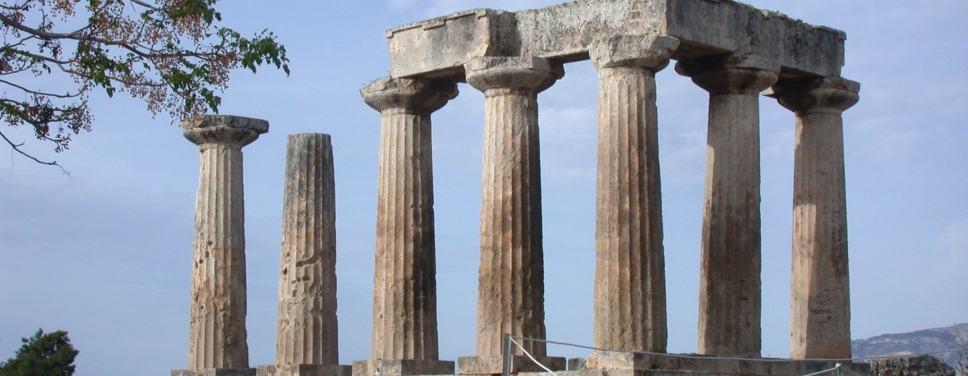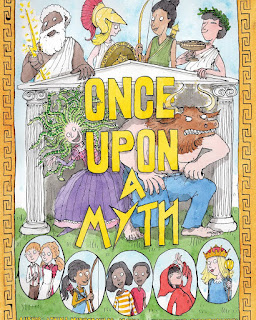by Arlene Holmes-Henderson
On Monday 14th
June 2021, the Classical Association (CA) hosted a virtual event for
schoolteachers, designed to provide information, and dispel myths, about
presenting at a CA conference as a teacher. Devised and hosted by the CA’s Outreach
Officer, a former schoolteacher herself, the event was a successful example of
collaboration and knowledge exchange across educational phases, with both
academics and teachers presenting.
The organisers of the forthcoming
CA conference in Swansea 2022, Ian Goh and Maria Oikonomou gave a short presentation
explaining the difference between a paper and a panel, outlining what makes a
successful abstract and charting the process from abstract submission to
conference presentation.
Three teachers then provided personal testimonies of their CA
conference presentation (and attendance) experiences. Pete Wright (Blackpool
Sixth), Gemma Williams (Allerton Grange School, Leeds) and Andrew Christie
(Streatham and Clapham High School) explained which CA conference they had
attended, what their paper title had been, how many people had been in the
audience, whether they applied as a paper or as part of a panel, how they
handled questions and whether the conference had been as expected.
In a Question and Answer session, Pete, Gemma and Andrew then answered
questions such as:
a)
What approach did each of you take to your
‘presenting style’? Did you read from a prepared script, talk through
powerpoint slides or something else?
b)
How did you handle questions from the
audience?
c)
Tell us about your liaison with the panel
chair.
d)
Did you produce a handout?
e)
How long did your presentation last?
f)
Did you get time off from your school to
attend the conference?
g)
Did you pay to attend the conference, or was
there some support available?
Pete, Gemma and Andrew ended by sharing their top three tips for
aspiring teacher presenters. These included suggestions such as, ‘Go for it!
You present information in an engaging way every day, why would 20 minutes at
the CA be any different?’ and ‘Don’t try to cover too much – the time
goes really quickly’.
Ian and Maria ended the event by promoting
Swansea’s tourist attractions – the conference is about more than just the
academic papers - and making it clear that abstract submissions from teachers
are especially welcome, with one whole theme dedicated to Pedagogy, Outreach
and Technology. Other possible themes include Classics and the Future and
Digital Classics.
Full details can be found on the Conference page of the CA website.
Because this event was the first of its kind, we were keen to
gather feedback from participants. Results showed that 100% of attendees found
the event ‘extremely useful’. 100% of attendees felt better informed about
writing an abstract. 100% of attendees felt better informed about the
difference between a panel and a paper. 100% of attendees said it was ‘likely’
that they would submit an abstract to the Swansea conference. When asked what
they found most surprising, comments included: ‘how many people attend the
CA conference’ and ‘that academics are keen for schoolteachers like us to
get involved and have our say’.
The CA is the subject association for educators at all levels,
and the conference is an important venue for bringing them into conversation.
The event was recorded and can be watched here (the playlist includes five videos of different sections of the event).
Dr Arlene Holmes-Henderson is the Classical Association's Outreach Officer








